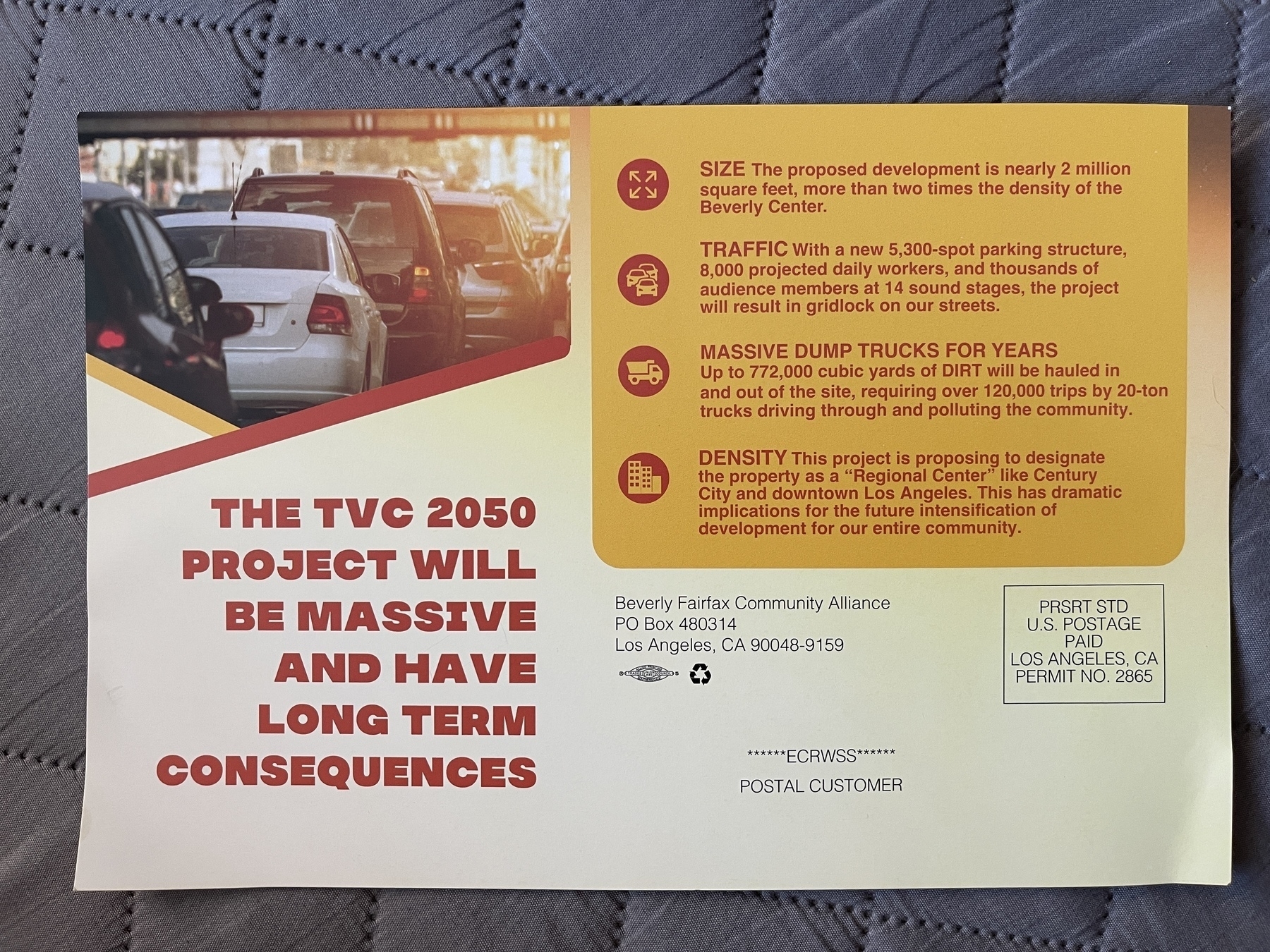Our society’s got problems, and they’re all the same problem: people who already have things are resistant to giving them up.
Got a mortgage? You might be threatened by people planning to knock down the single family homes down the street and put up high-density apartment blocks. Got a small fortune, or a high income? You might be threatened by people trying to raise taxes to fix social problems. Got a car and routes you enjoy driving? You might be threatened by proposals to invest in mass transit over roads. Got white supremacy? You might be threatened by people chanting “Black Lives Matter.” Got a profitable oil company? You might be threatened by climate activists.
Et cetera.
This isn’t to say all change is good change. And especially not when it comes to urban development, which is what I want to talk about here. Obviously, cities like Los Angeles (where I live) have long histories of using development to harm, profiteer upon, and destroy communities with less power.
One of the essays that has most influenced my thinking on this is "Racism is Killing the Planet" by Hop Hopkins. (I first read it when I profiled Hop in the Antioch Alumni Magazine from two years back.) Among many key points, Hop says that “You can’t have climate change without sacrifice zones, and you can’t have sacrifice zones without disposable people, and you can't have disposable people without racism.” So many of the disasters of urban development, from the community-bisecting freeways championed by Robert Moses to redlining to the racist “predictive policing” policies championed by fasc-tech companies like Palantir can be explained if you see the people they target as “disposable people” and the communities they live in as “sacrifice zones.”
That said, I’m not so sure that I myself live in a sacrifice zone—and yet my neighborhood seems to be in the middle of a big fight around development. Here’s a political mailer I received a few days ago:

This group, Beverly Fairfax Community Alliance (unclear who’s behind it), is rallying support to oppose the forthcoming redevelopment of the CBS studio lots down on Beverly, about ten blocks from me. According to the other side of the mailer, this expanded facility will “create traffic gridlock on our already congested streets” and “foreseeably push community rents even higher than they are today and lead to the displacement of existing renters.” The second part in particular would be a real harm, especially as many of my neighbors are Jewish emigrés from the former Soviet Union, gay men who have made their lives in West Hollywood, retirees, renters, and most often an intersection of these identities and more. (This is the same coalition that came together to create West Hollywood in the ‘80s, explicitly to pass rent control laws.) I don’t know where many of my neighbors will go if forced out of the apartments where we make our lives.
But I’m also skeptical of the motives of these folks opposing development. The last bullet point, “DENSITY,” seems to give up the game: a chief concern is that the new studio will be designated as a “Regional Center” which will lead to “future intensification of development for our entire community.”
While that sounds scary—it also seems obviously necessary! Beverly-Fairfax and West Hollywood may be relatively high-density in Los Angeles, but for us to house everyone at affordable rents and reasonable home prices, we affirmatively need intensification of development. That should be something we’re pushing for!
So I find myself skeptical of this mailer. I need to do more research. And in a larger sense, I’m finding it harder and harder to make sense of what development we should oppose (beyond obvious things like freeway widening and oil pipelines), and what we need to throw our whole weight behind. More and more, I’m pro-development until convinced otherwise.